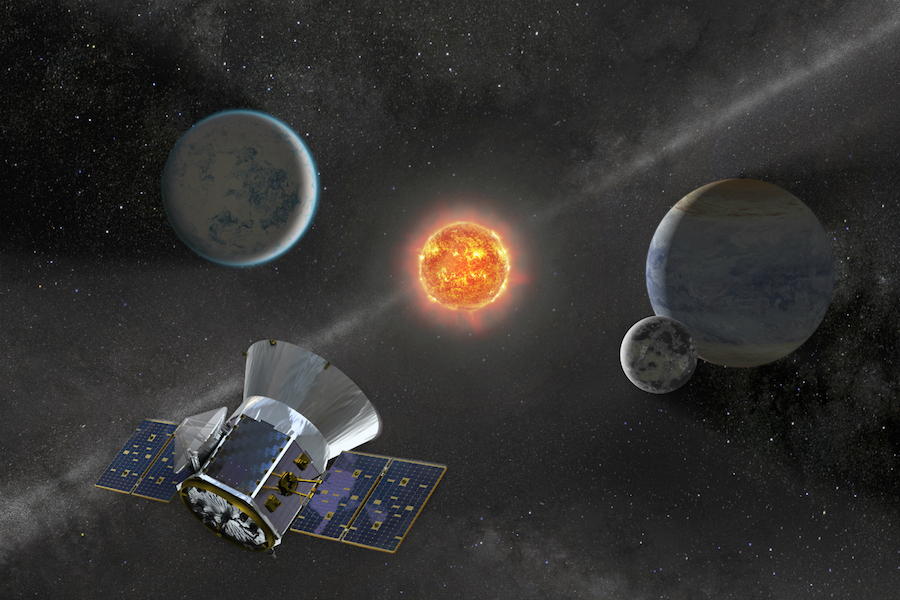
Launched from the Baikonur Cosmodrome in Kazakhstan on Saturday, Spektr-RG will detect X-ray emissions from across the sky, including those from huge clusters of galaxies. It could help astronomers better understand dark energy.

India launched an ambitious robotic lunar mission named Chandrayaan 2 on Monday, targeting a touchdown near the lunar south pole on 6 September. The Chandrayaan 2 mission is India’s most daring space project to date.

Scientists now propose using an insulating material called silica aerogel to make parts of the Martian surface friendlier to photosynthetic life. Perhaps an aerogel blanket could more easily melt the water on the Martian ice caps to make a small section of the planet habitable.

LightSail 2 is the third attempt to send a light sail spacecraft into orbit by the global non-profit society, which is devoted to promoting space exploration. Since reaching orbit, the LightSail 2 has been indicated that it is in good working order.

Curiosity Mars rover has started drilling into a clay-bearing unit on the lower slopes of Mount Sharp, while the InSight's mole ran into a sub-surface obstacle of some sort on 28 February after hammering its way just 30 cm into Martian soil.

The OSIRIS-REx mission has revealed interesting things about the asteroid Bennu. This includes the first-ever close-up observations of particle plumes erupting from an asteroid’s surface. There have been 11 “ejection events” since the spacecraft first arrived.

Juno took the photo 8,000 miles from the cloud tops during its 18th close flyby of Jupiter on February 12. Overall, 32 flybys are planned, so Juno is just beginning the second half of its flybys.

On Thursday, SpaceIL's spacecraft, Beresheet, was launched aboard a SpaceX rocket. It will take a couple of months for it to reach the moon, and landing will be the most difficult part.

Opportunity landed on Mars more than 15 Earth years ago, on January 25, 2004. Originally designed for 90-day lifetimes, the rovers persisted. It roved a staggering 45.16 kilometers across the Red Planet.

A spacecraft has successfully fired a harpoon into a target orbiting Earth in an operation that could help clean-up the tonnes of space junk threatening telecommunications satellites.

This year, space fans will be treated to two lunar mission, the Apollo 11 anniversary, some lunar and solar eclipses, and brand-new spacecrafts heading for the ISS.

The cotton seeds sprouted inside of a container as part of the lunar mini-biosphere experiment aboard the lander. And, just over a week later, or some 213 hours, the experiment is over and the plants are dead.
Eight days after its historic landing on the far side of the Moon, China’s Chang’e 4 lander has captured its first panoramic image.

The three confirmed planets discovered so far using TESS are all within 100 light-years of our solar system, substantially closer than the nearly 2,700 validated worlds detected using Kepler.

China has now landed its fourth and most ambitious lunar exploration mission on Thursday, January 3, 2019. This is the first mission to land on the far side of the Moon.